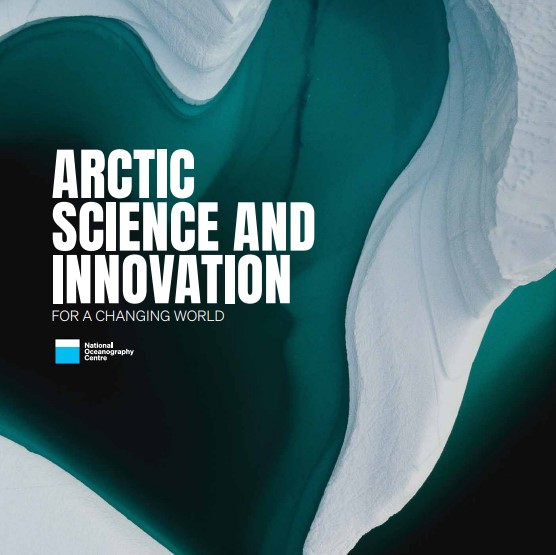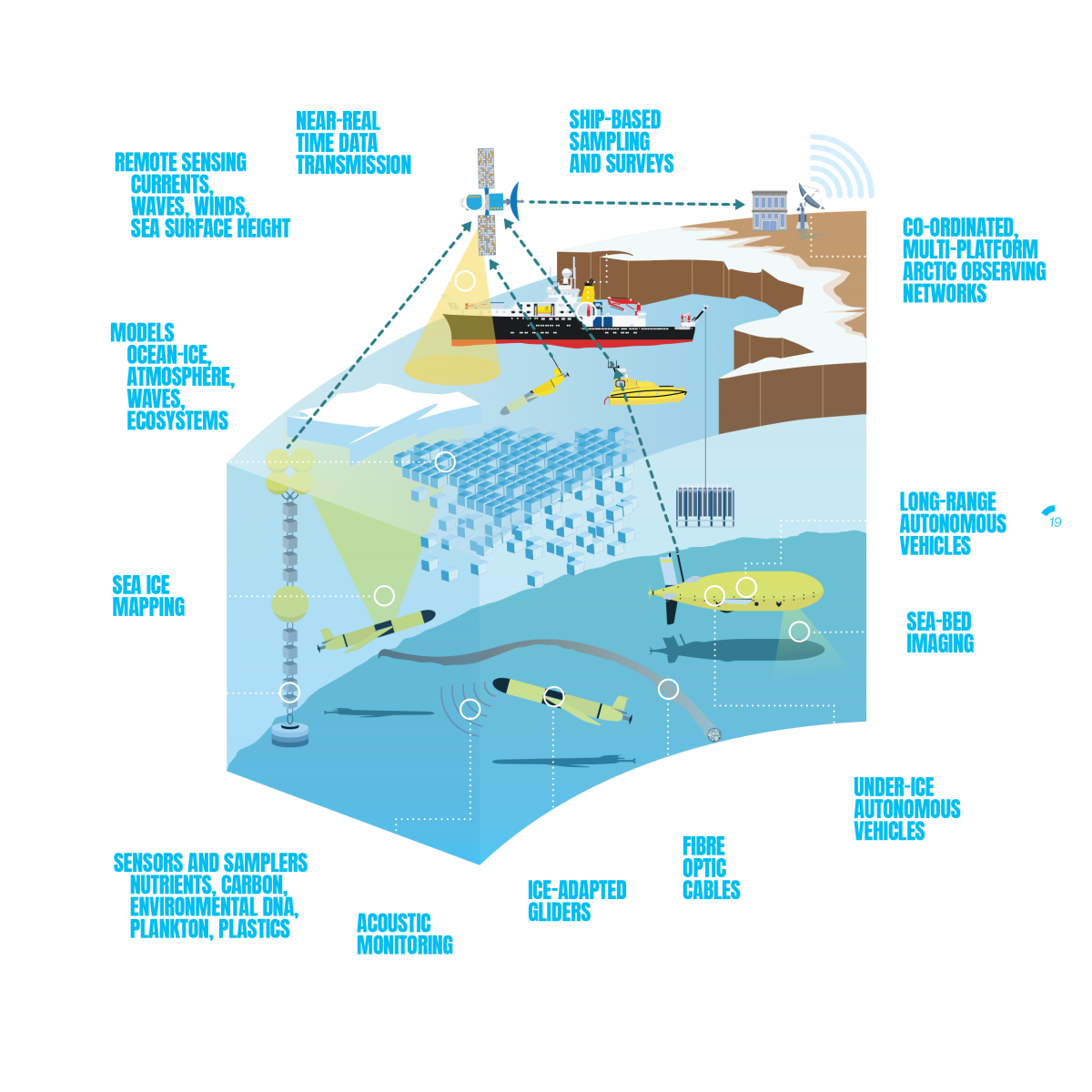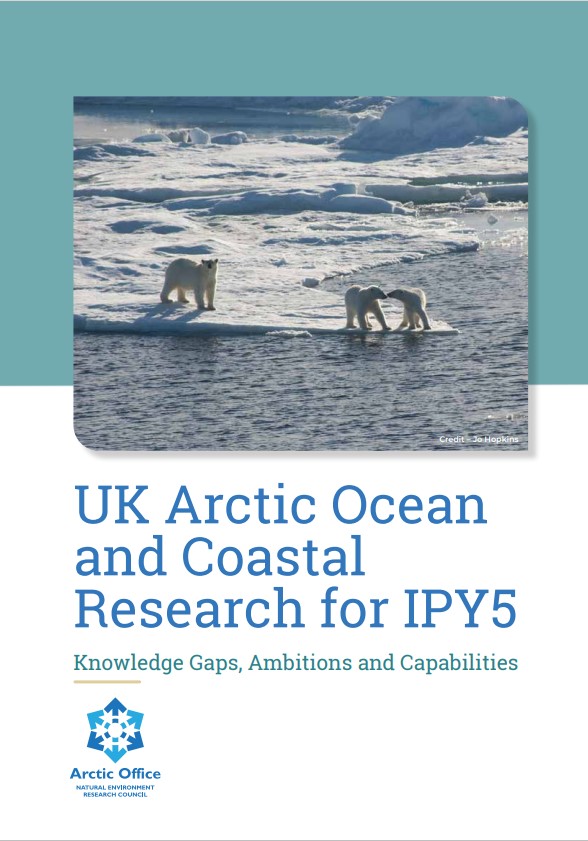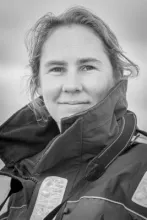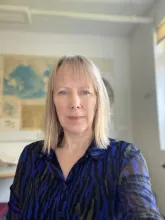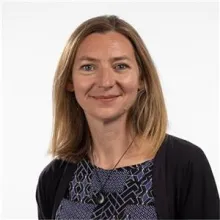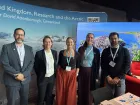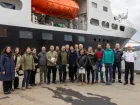Ice-Free Arctic and Global Climate
As Arctic sea ice, ice sheets and permafrost are lost, the ocean, atmosphere, and land are becoming more tightly linked. What happens in the Arctic influences the large-scale ocean and atmosphere systems at lower latitudes and the processes that regulate global climate stability and extremes. In this theme, we are looking to address the following questions:
- How close are we to an ice-free Arctic?
- How will Arctic Ocean circulation and mixing change as ice is lost?
- Will an ice-free Arctic reshape Earth's climate trajectory and push the planet toward a global tipping point?
The combination of world-leading global and regional ocean-ice-atmosphere models, autonomous underwater vehicles (AUV), and observational capabilities such as satellites, drones and radar systems means that NOC is uniquely placed to improve our understanding of the climate risks posed by Arctic sea ice loss.
